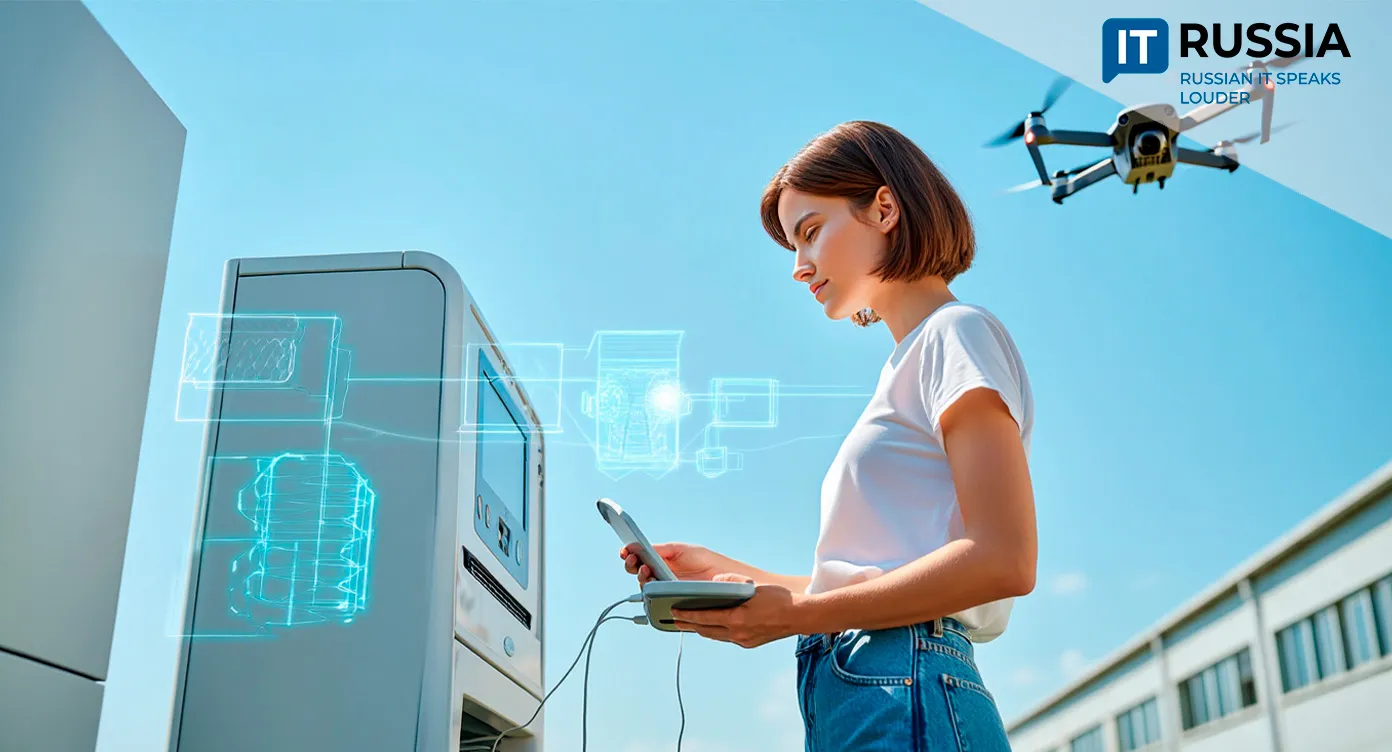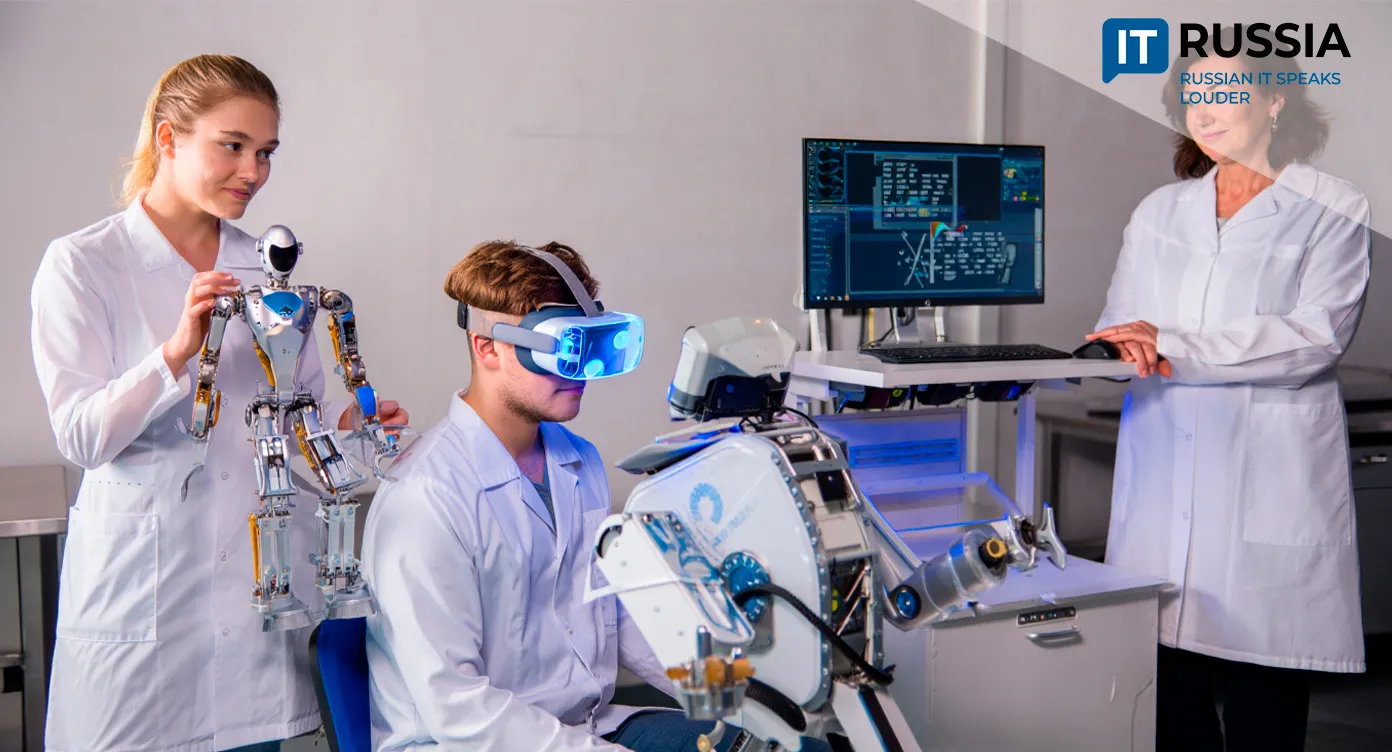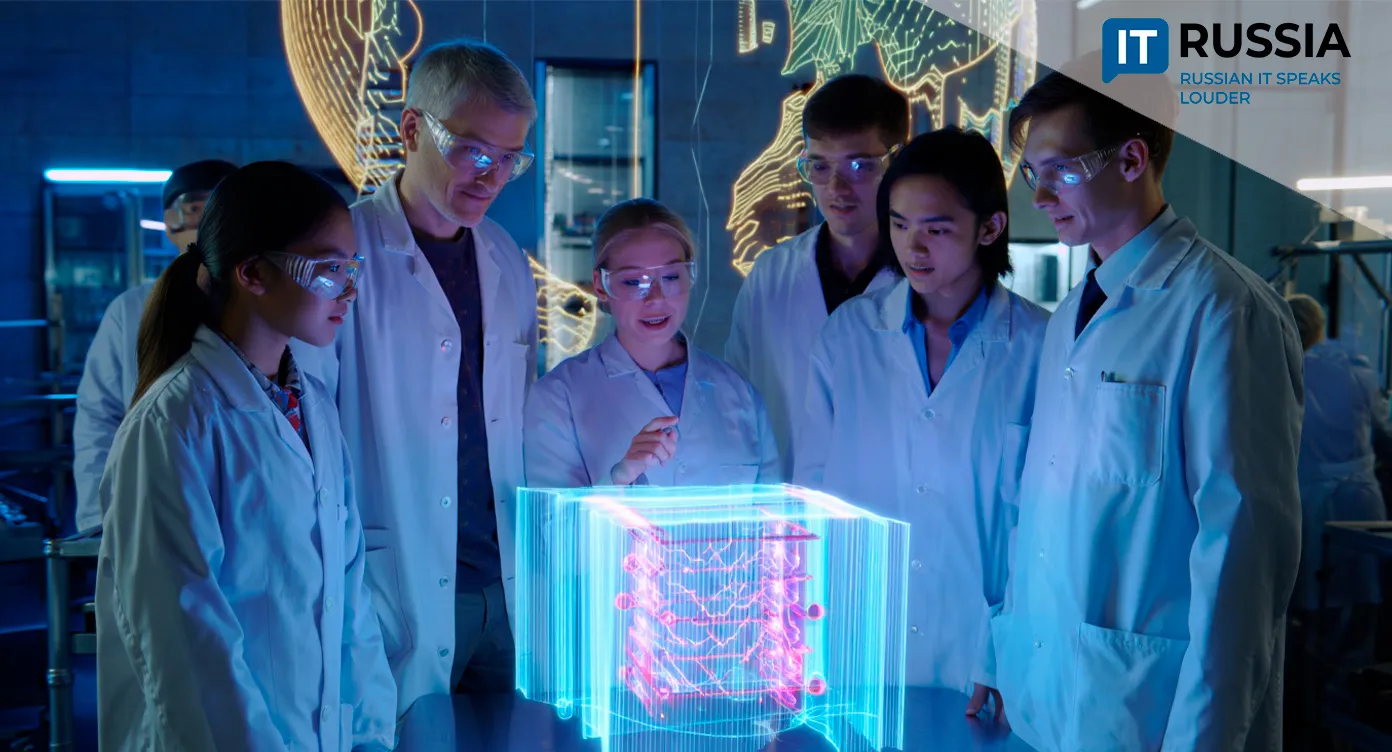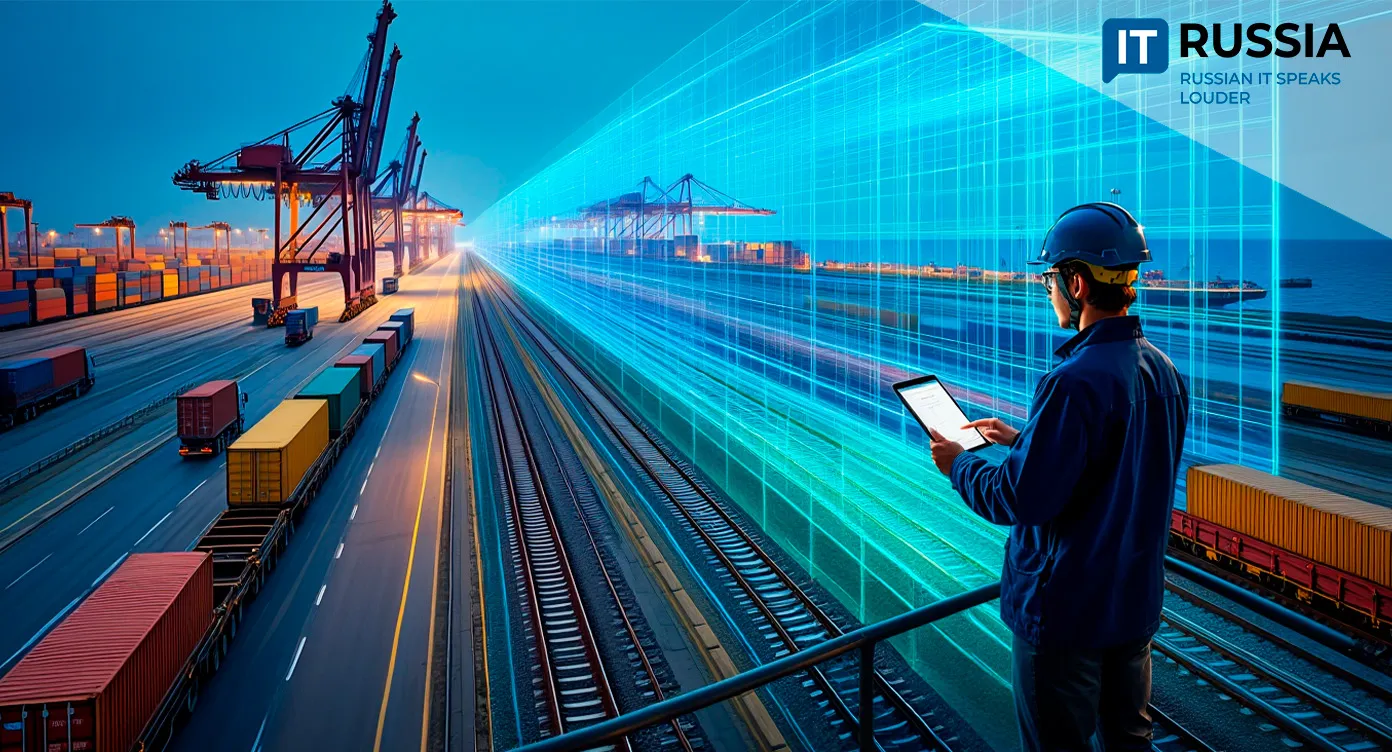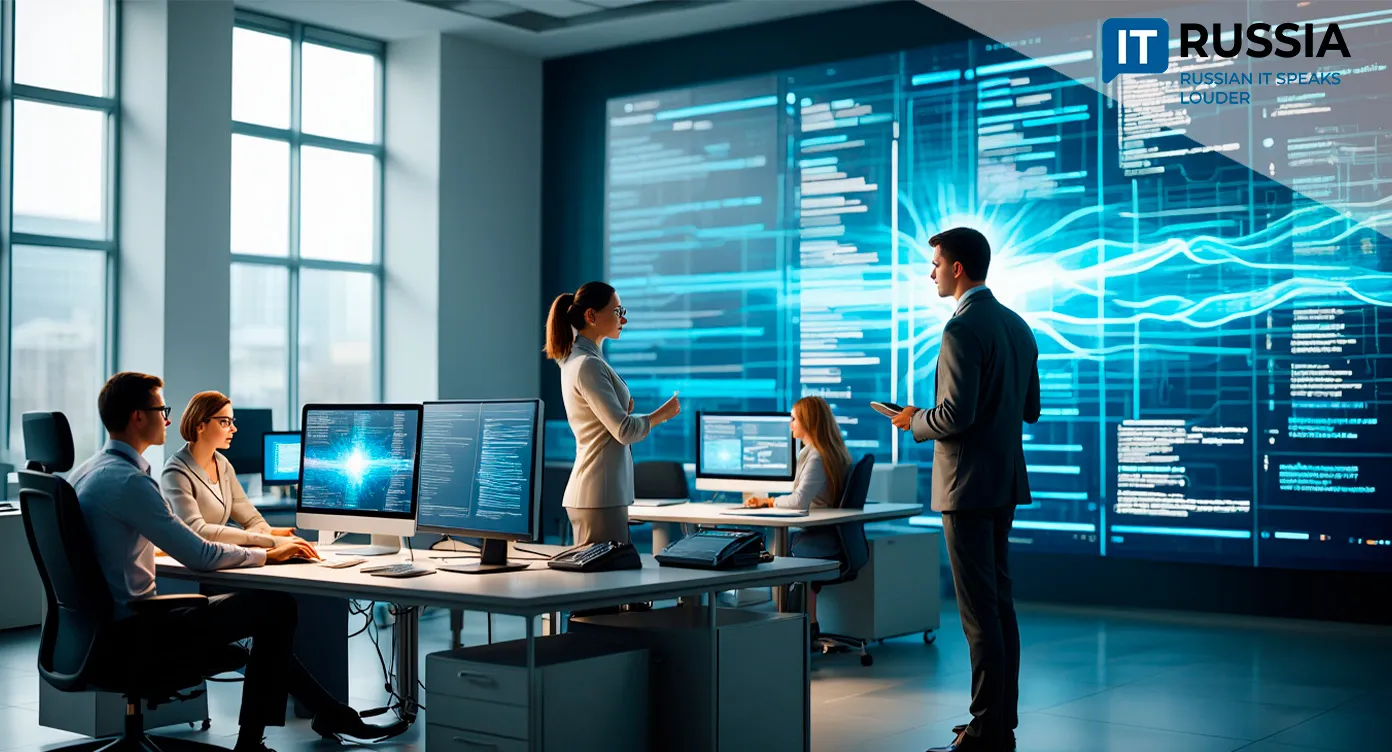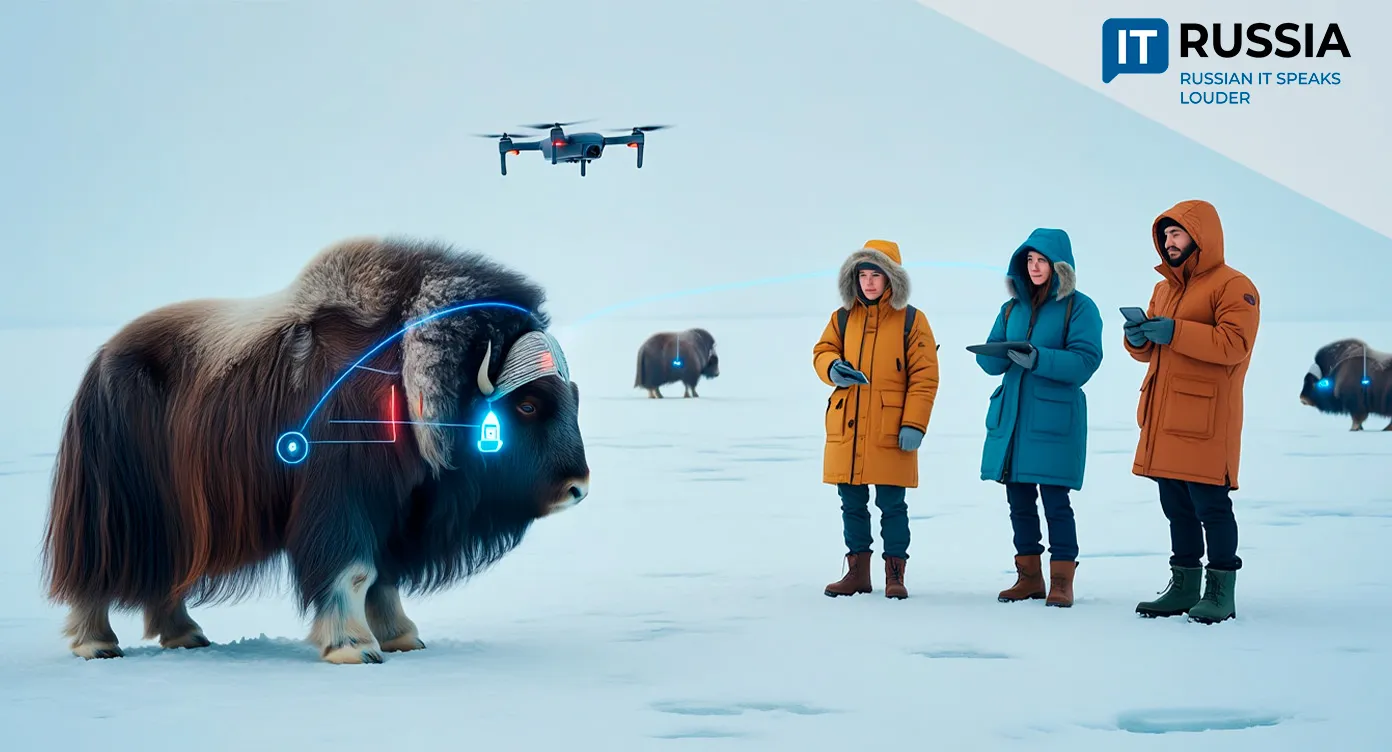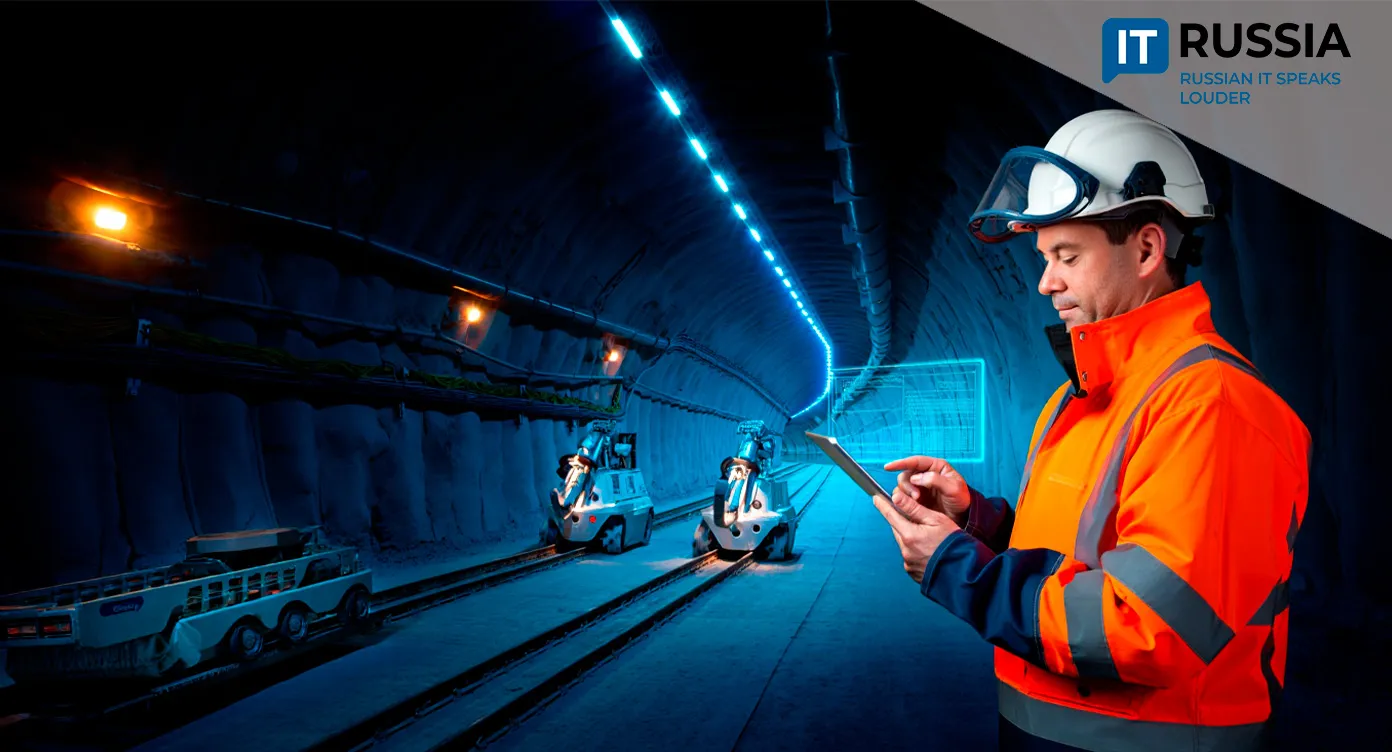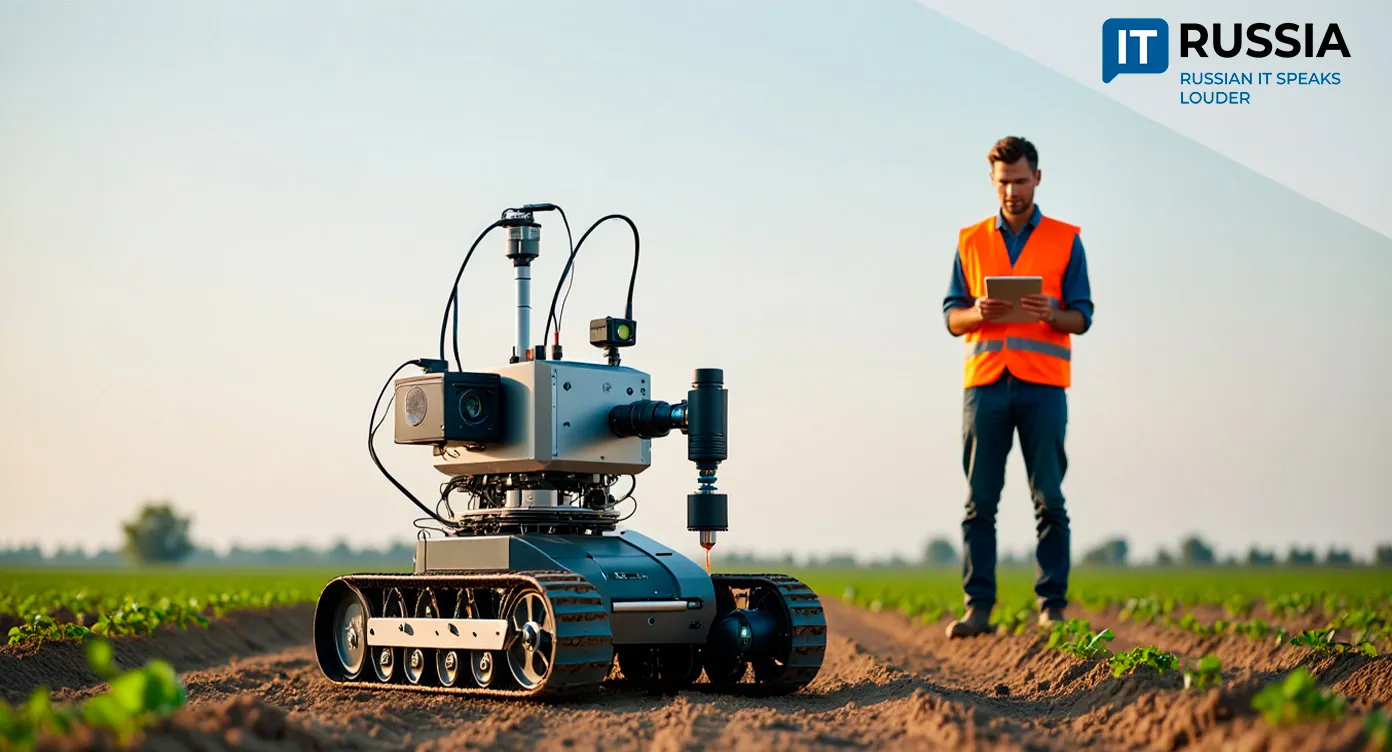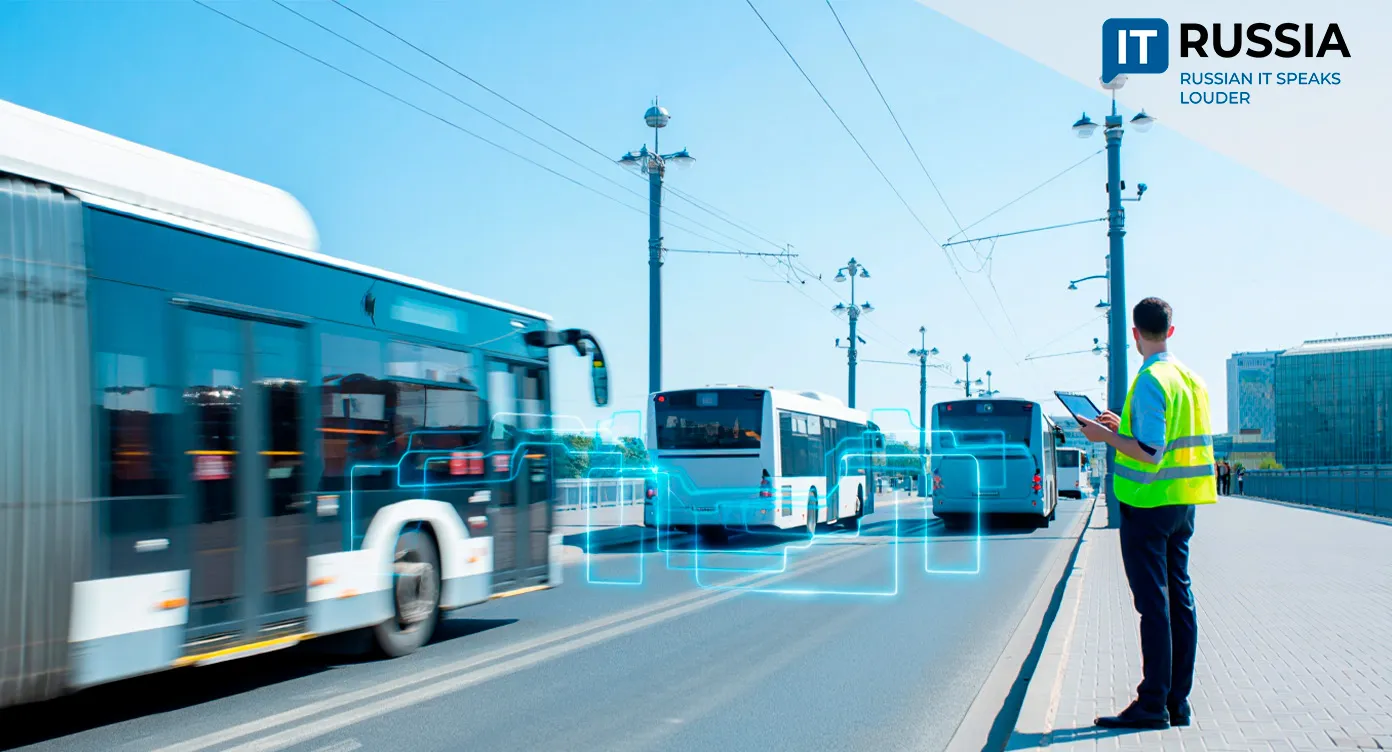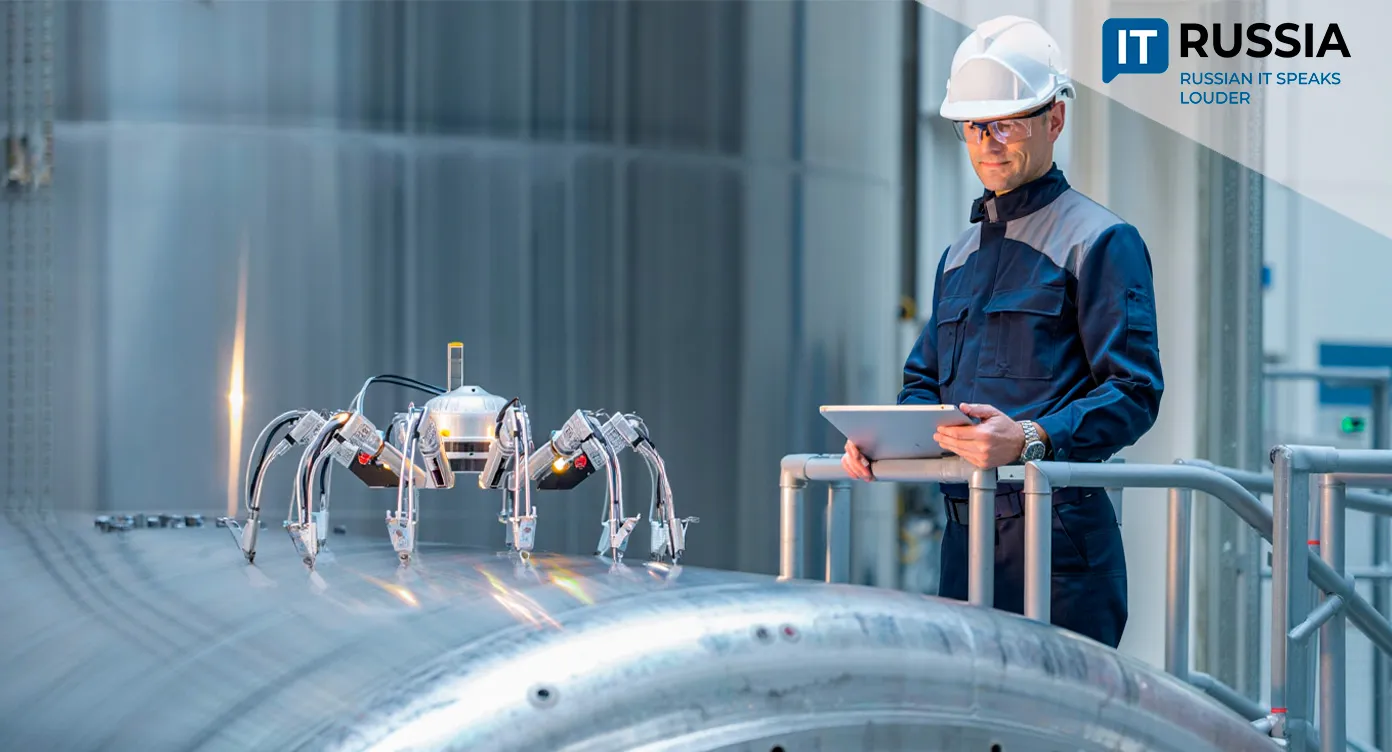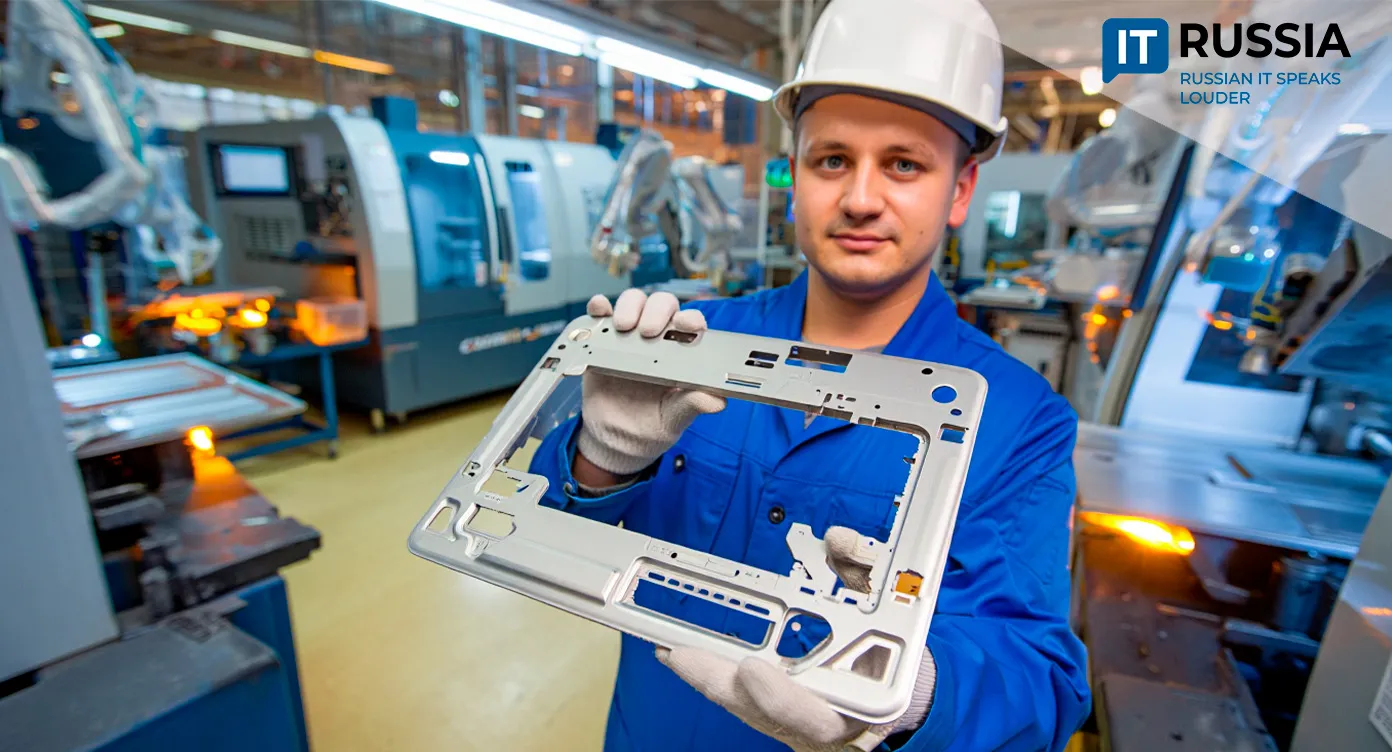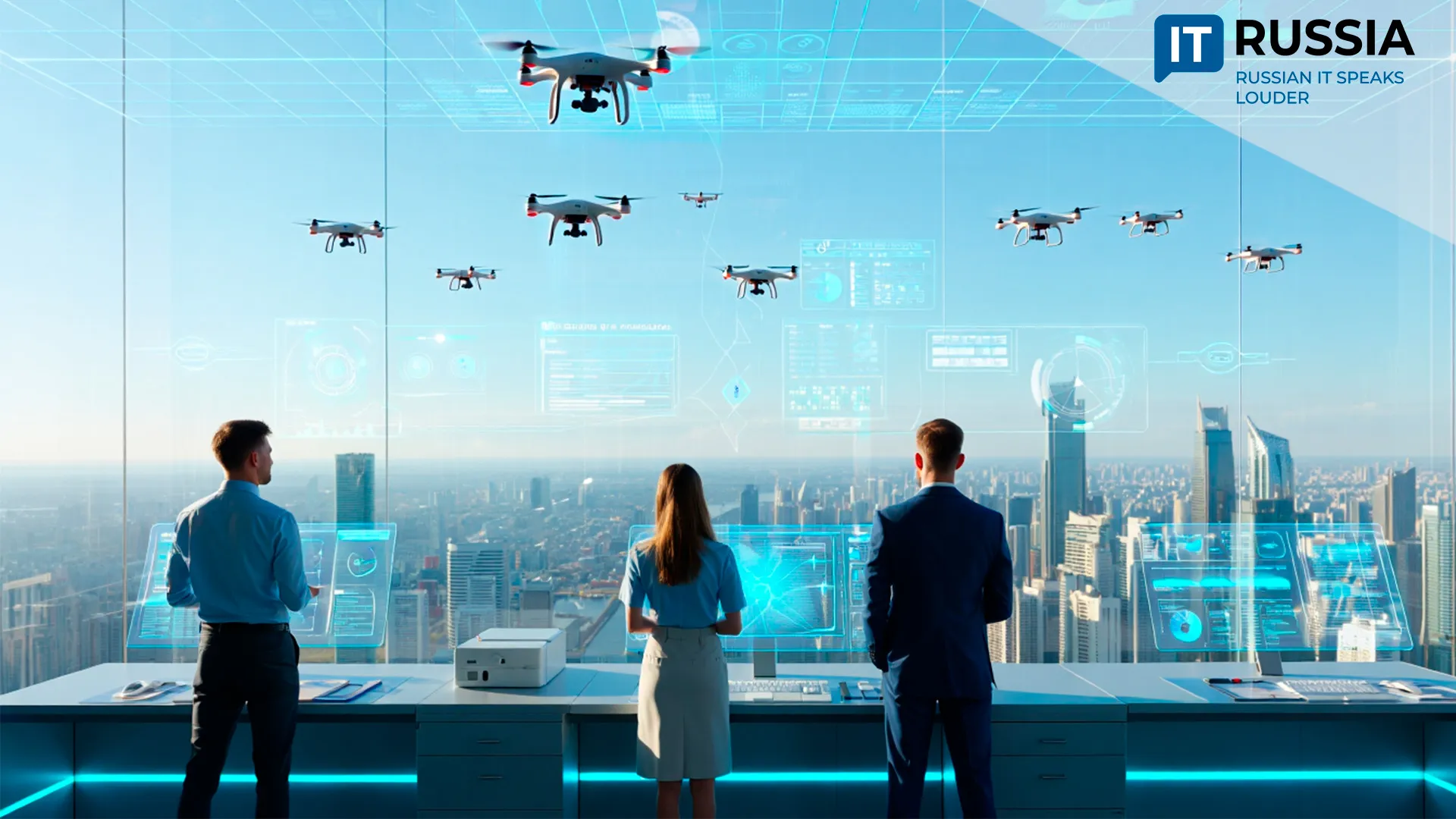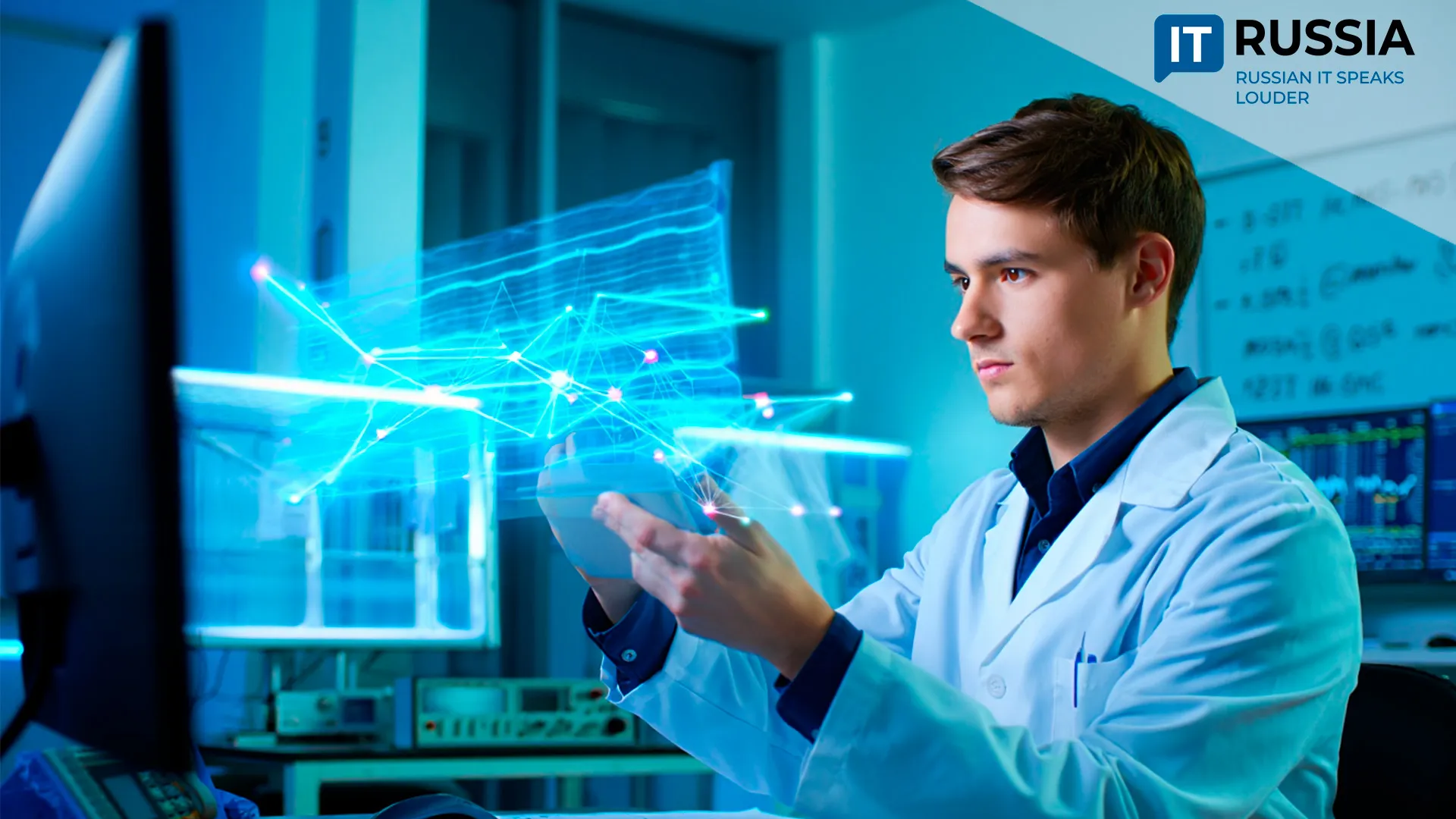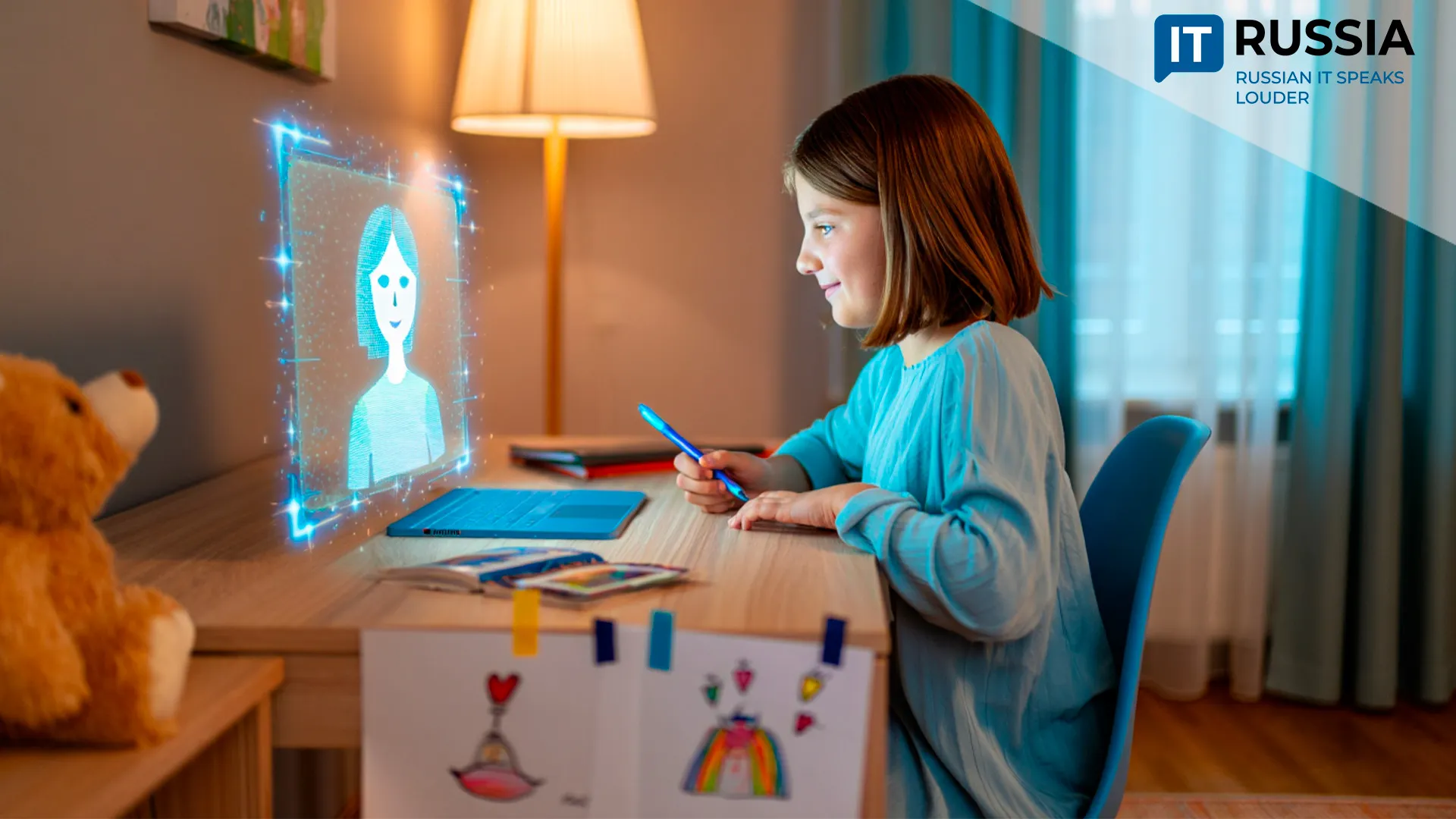Residents of the Tula Region to Communicate with Local Authorities Online
The Tula region is set to launch an 'electronic reception office' — a digital platform that will allow residents to contact regional authorities without visiting offices in person. Over time, the service could integrate artificial intelligence for better response management and expand to the municipal level.

Communication with the Government, Without the Paperwork
The Tula region plans to launch a new digital service called the 'electronic reception office,' which will enable residents to send inquiries to regional officials quickly and efficiently.
This platform will simplify interactions with authorities, removing the need for paper-based correspondence and in-person visits. The initiative moves the region closer to a fully digital administrative process, enhancing both accessibility and feedback quality.

The new system is part of Russia’s broader digital transformation agenda, aligned with the global trend toward e-government and electronic democracy.
A Tool for Better Governance
Primarily designed as a regional solution, the electronic reception office could eventually hold export potential thanks to its technological architecture.
Following successful testing, the service may expand to include new features such as citizen feedback tools, analytics, and integration with Russia’s national e-government portal, Gosuslugi.
A Growing National Trend
Several Russian regions have already introduced similar digital communication platforms under various names. While the underlying principle remains the same — digital engagement between citizens and the government — the pace of adoption varies.

More technologically advanced regions have embraced these tools faster, while others remain in the planning stage. Against this backdrop, Tula’s initiative stands out as a step toward digital inclusivity.
A Model for Other Regions
The Tula system aims to strengthen citizen engagement, improve responsiveness, and increase transparency in government feedback processes.
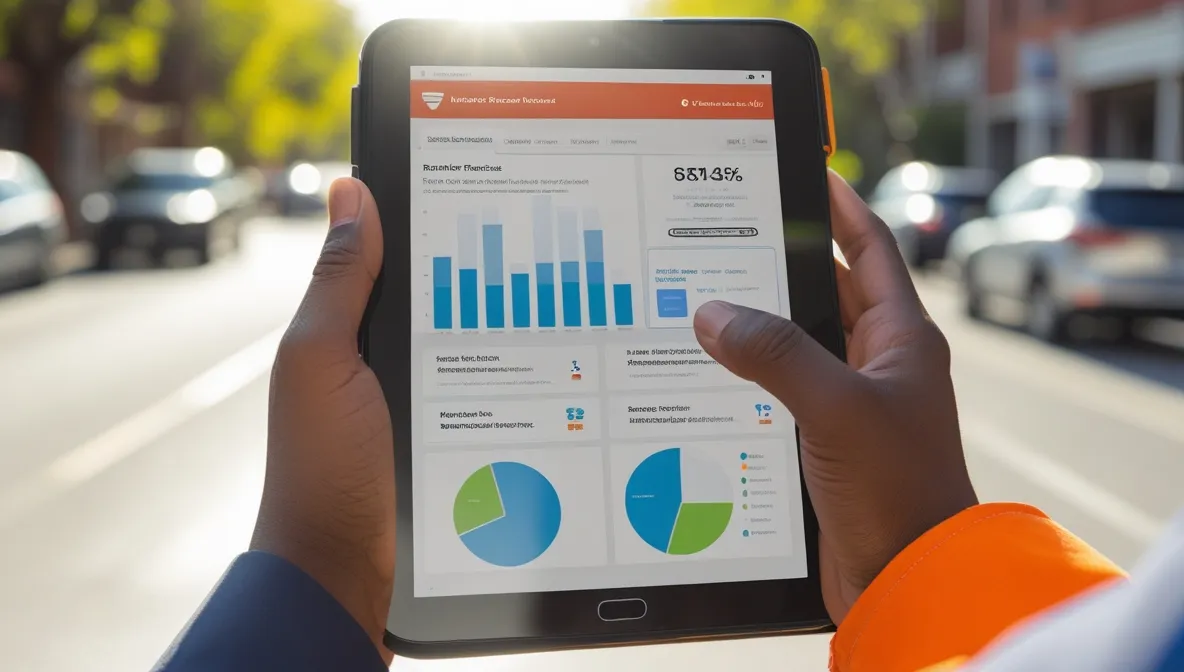
The project’s success will depend on interface usability, response speed, and accuracy in handling citizen inquiries.
If implemented effectively, the Tula electronic reception could become a model for replication across other Russian regions. In the future, artificial intelligence integration could enhance efficiency and scalability to municipal administrations.



